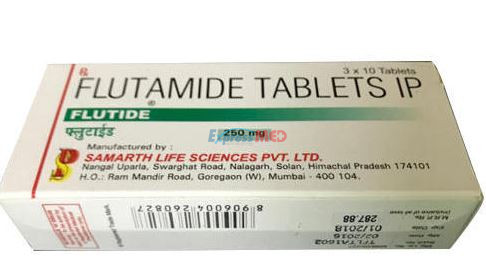Hydrea 500mg is a prescription medication used to treat various conditions, including:
- Malignant melanoma (a type of skin cancer)
- Pancreatic cancer
- Lymphoma (a type of cancer affecting the immune system)
- Chronic myelogenous leukemia (CML, a type of blood cancer)
- Polycythemia vera (a rare blood disorder)
Composition:
- Hydrea 500mg: Hydroxyurea 500mg Capsule
Mechanism of Action:
Hydroxyurea, the active ingredient in Hydrea, works by:
- Inhibiting the activity of ribonucleotide reductase, an enzyme involved in the synthesis of DNA.
- Reducing the production of DNA, which slows down the growth of cancer cells.
Indications:
Hydrea is approved for the treatment of:
- Malignant melanoma in patients who have not responded to other treatments.
- Pancreatic cancer in patients who have not responded to other treatments.
- Lymphoma in patients who have not responded to other treatments.
- Chronic myelogenous leukemia (CML) in patients who have not responded to other treatments.
- Polycythemia vera in patients who have not responded to other treatments.
Dosage:
The recommended dosage of Hydrea is:
- 500mg orally, every 6 hours, for a maximum of 48 hours.
- The recommended duration of treatment is until disease progression or unacceptable toxicity.
Side Effects:
Common side effects of Hydrea include:
- Nausea and vomiting
- Diarrhea
- Fatigue
- Headache
- Dizziness
- Increased risk of bleeding
- Increased risk of infections
- Increased risk of liver damage
Recommendation:
Hydrea is recommended for patients with malignant melanoma, pancreatic cancer, lymphoma, chronic myelogenous leukemia (CML), or polycythemia vera who have not responded to other treatments.
Important Note:
- Patients taking Hydrea should be closely monitored for signs of liver damage or kidney damage.
- Patients taking Hydrea should avoid taking medications that may interact with it, such as anticoagulants or medications that can increase the risk of bleeding.
- Pregnant or breastfeeding women should not use Hydrea, as it may harm the fetus or infant.
- Regular follow-up appointments with your healthcare provider are necessary to monitor the effectiveness of Hydrea and to detect any potential side effects or complications.
Special Precautions:
- Patients with a history of liver disease or kidney disease should be closely monitored while taking Hydrea.
- Patients taking Hydrea should avoid taking medications that may increase the risk of liver damage or kidney damage.
- Patients with a history of bleeding disorders or platelet disorders should be closely monitored while taking Hydrea.
Contraindications:
- Patients with severe liver disease or severe kidney disease should not use Hydrea.
- Patients who are pregnant or breastfeeding should not use Hydrea.
- Patients who are allergic to hydroxyurea or any other component of Hydrea should not use it.




Reviews
There are no reviews yet.